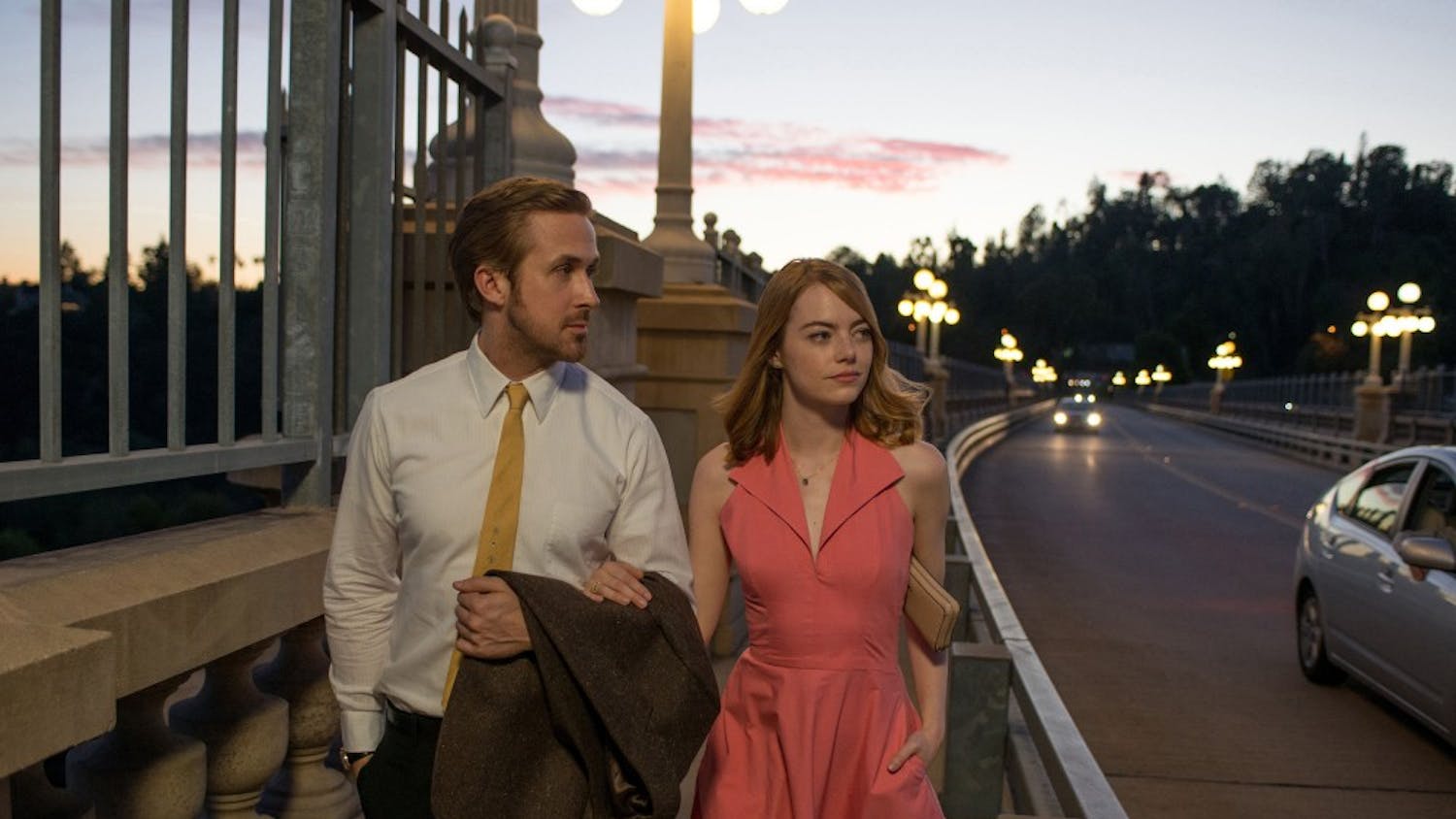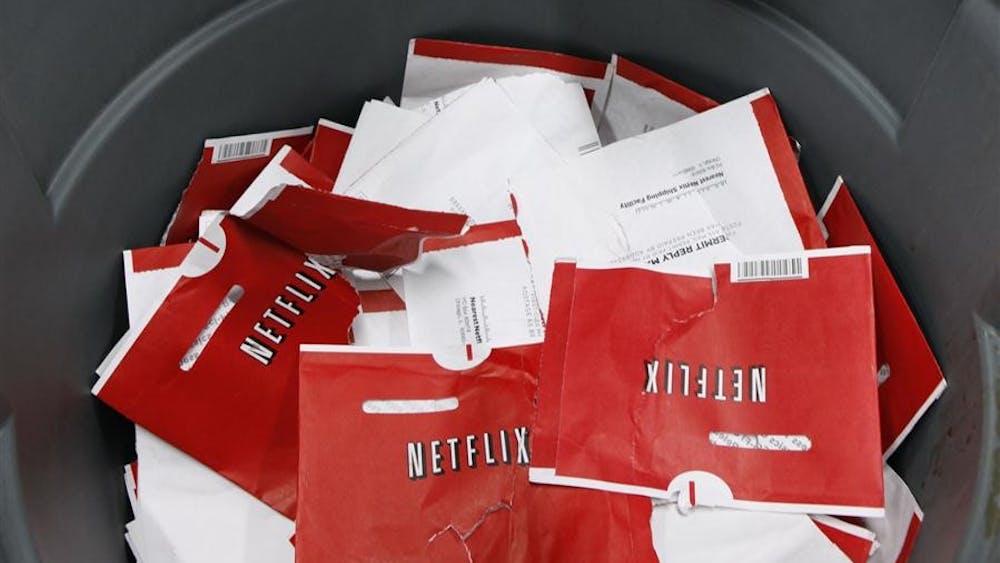More than 40 years ago this week, one of the most historic American musical festivals took place in San Francisco – the 1967 Monterey Pop Festival. This festival, put on by the dreaded “counter culture” of the time, celebrated music for the mere love of music; no stress over fitting in, dressing the part or sticking to the right scene. Together the attendees and the artists, The Who, Jimi Hendrix, Janis Joplin, Otis Redding and others, formed a harmonious, collective bond for one simple, yet powerful thing: music.
As I look back to that time, I wonder what happened to those feelings of freedom. To me, the counter culture is not a negative concept, because it gives people the freedom to oppose the mainstream, dominant unattainable values of society. Are we not all guilty of “countering” this strict culture in some way or another? Why is it then that music, something at one time so personal, free-loving and experimental has gotten so political? People are accused of being “posers” for liking different genres of music, and bands are “sellouts” once they experiment with different sounds. In San Francisco’s 1967, music lovers and artists alike were encouraged to broaden their horizons in all aspects of life, but this isn’t so today.
Of course, there were always those that were against the summer of love’s “hippie” spirit, but they were those outside trying to retain culture’s traditional values. Today, people that label themselves within specific music genres follow strict boundaries, to not disappoint their fellow friends and their music scene in general; they take every chance they get to bash those that don’t bother themselves with fitting in (even if it’s one of their “friends”) – people who’d rather enjoy the vast, unlimited amount of music and culture the world has available, rather than being restricted to the narrow confines of a genre.
These confines stem from the necessity of humanity to impose labels. Society has influenced us to envision a certain “type” that fits each label and if a person strays then he/she is outcast amongst scenesters. Labels are becoming so rampant, yet no one can even stick to them, because everyone can evolve; anyone can be drawn to music, fashion and/or values that he/she wouldn’t expect. A band can test different styles, instruments, sounds, etc., and still be just as great – from the classics the Beatles, Bob Dylan and the Beach Boys to modern bands like Thrice, Coheed and Cambria, and Weezer.
I, for one, was never one to label myself, or judge others for dabbling into lots of music; I would have been a hypocrite to do so because I can appreciate any genre of music – from hardcore bands like Evergreen Terrace and Killer to country songs from Garth Brooks and Sheryl Crow – and why be embarrassed? Hell, I’ll admit it, I was in love with the Backstreet Boys, but could still rock out to their boy-band nemesis ‘N Sync. Music is music, and my mind is wide open to the possibilities.
Because, for me, it’s not about forming an identity or defining what’s good and bad music; it’s more so about the simplicity behind the semantics of a song – the instruments, mixing, lyrics, time, artists, etc. – that make it truly amazing. To go back to the summer of love, especially June 1967, the month that arguably the Beatles’ best album (yet most experimental) came out – Sgt. Pepper’s Lonely Hearts Club Band – would in every sense be a time warp. Today, hardly are artists appreciated for what the Beatles and other artists accomplished: just making music – having the talent to combine noise and words (although words are just an additional bonus) and create something inspiring, memorable or even just catchy.
Then and now, in the simplest of meanings, music provides a chance for people to escape the real world and be immersed in something that almost – for a moment – allows for a worry-free atmosphere. Why not grant yourself the freedom then to experience all kinds of music, without worrying if you’re “scene” enough?
With the harsh world we now live in, I doubt there will ever be another movement like the summer of love – a chance to basically appreciate all the pleasures in life, encourage free-thinking and make music that spoke to the hearts of those of the counter culture. Music is music and I, as everyone should, appreciate it without worrying about the socially constructed rules that tag along.
If I could turn back time
Summer of Love was simpler time in music

Get stories like this in your inbox
Subscribe





